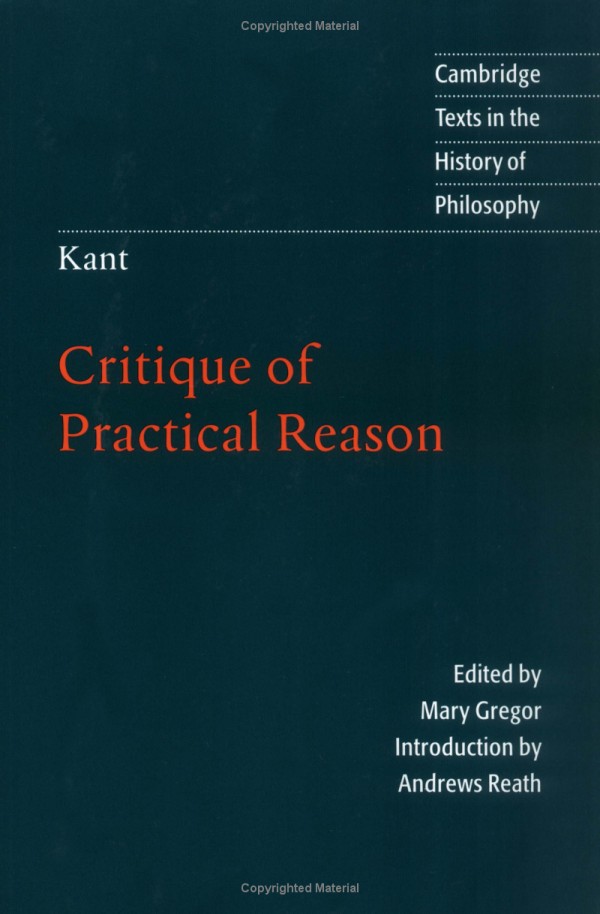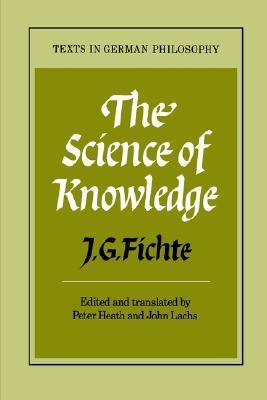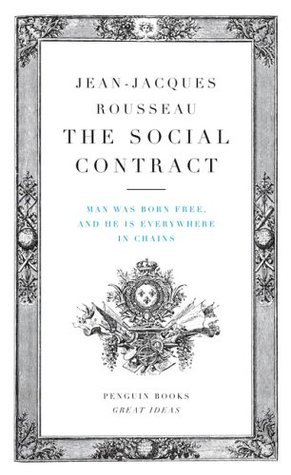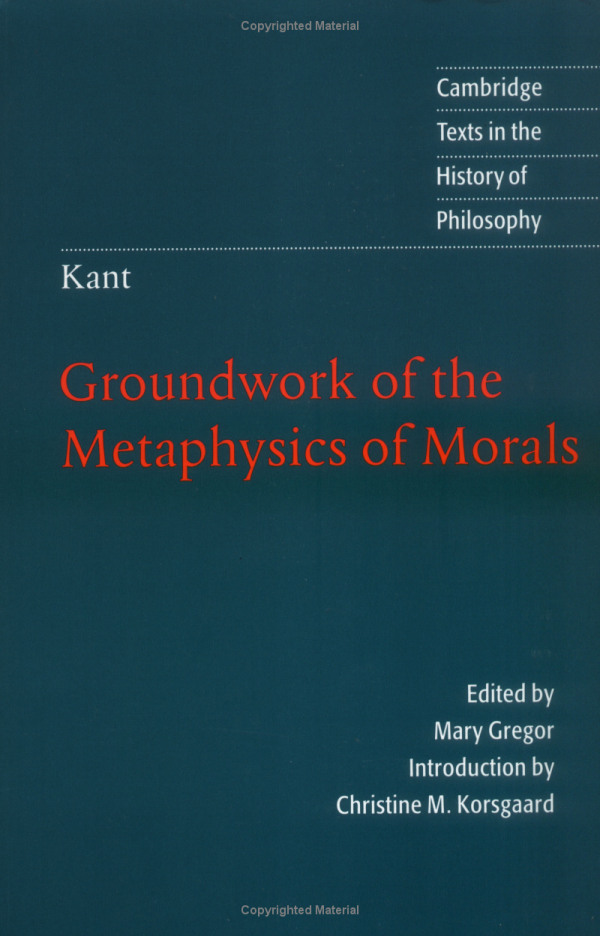
Critique of Practical Reason
Book Description
What if the key to understanding your existence lies not in your desires, but in your duties? "Critique of Practical Reason" plunges into the heart of morality, challenging the very foundations of human motivation. Immanuel Kant confronts the struggle between personal inclination and moral law, illustrating how our choices shape the moral fabric of society. Packed with gripping insights, this philosophical masterpiece reveals the tension between freedom and responsibility, demanding readers to consider the true nature of ethics. Can reason illuminate a path to genuine moral action, or are we forever shackled by our impulses?
Quick Book Summary
Immanuel Kant's "Critique of Practical Reason" is a foundational philosophical treatise exploring the true basis of morality. Rather than rooting moral action in human desires or experiences, Kant argues that only pure practical reason—our capacity for rational thought—can ground ethical duties. He famously distinguishes between acting out of inclination and acting from duty, positing that truly moral acts arise when individuals obey a universal moral law, the "categorical imperative," regardless of personal benefit or feeling. Kant further examines human freedom, the limits of human knowledge, and the nature of moral motivation, ultimately contending that reason, not emotion, makes genuine morality possible. This work challenges readers to reflect on autonomy, obligation, and the essential role of reason in ethical decision-making.
Summary of Key Ideas
Table of Contents
The Primacy of Moral Law Over Inclination
Kant begins his examination by critiquing the idea that morality could be based on empirical desires, happiness, or individual preferences. He insists that moral actions must be governed by objective, rational principles, not by outcomes or personal interests. This leads to the assertion that moral law is universal, binding for all rational beings, and not contingent upon emotions, culture, or context. The pursuit of self-interest cannot serve as the foundation for ethics, as it lacks the impartiality and universality required of true moral laws.
The Categorical Imperative as Universal Principle
Central to Kant’s argument is the concept of the categorical imperative: the notion that we should only act according to maxims that we would will to become universal laws. This principle distinguishes genuine moral action from behavior driven by habit or self-interest. Kant warns that hypothetical imperatives—those based on personal desires—cannot guarantee moral value. The moral worth of an action, therefore, lies in its alignment with duty and universalizable law, not in its consequences or personal gains.
Autonomy and Freedom in Moral Choice
A key theme is the autonomy of the will. Kant contends that for morality to exist, we must be capable of self-legislation—of giving the law to ourselves out of respect for reason, not external authority or coercion. True freedom is thus not mere liberty to do as we please, but the capacity to act according to rational principles we recognize as binding. This sense of autonomy situates the moral agent as both subject and author of moral law, reconciling freedom with ethical duty.
The Role of Reason in Ethical Action
Kant explores the psychological dimensions of morality, probing how reason can motivate us to act against our own inclinations. He suggests that awareness of the moral law inspires a sense of reverence, which in turn becomes a unique kind of motivation, distinct from mere emotional impulse. This reverence for duty elevates moral action beyond the realm of contingent desires, anchoring it in the dignity and rationality of the human spirit.
Ultimately, “Critique of Practical Reason” establishes the indispensable role of reason in ethical life. Kant asserts that by using reason, individuals can discern their duties and understand themselves as members of a moral community governed by universal law. He argues for the immortality of the soul and the existence of God as "postulates of practical reason," necessary for the complete realization of moral ideals. The work remains a milestone in moral philosophy, inviting ongoing reflection on the meaning of freedom, obligation, and humanity’s highest calling.
Download This Summary
Get a free PDF of this summary instantly — no email required.





